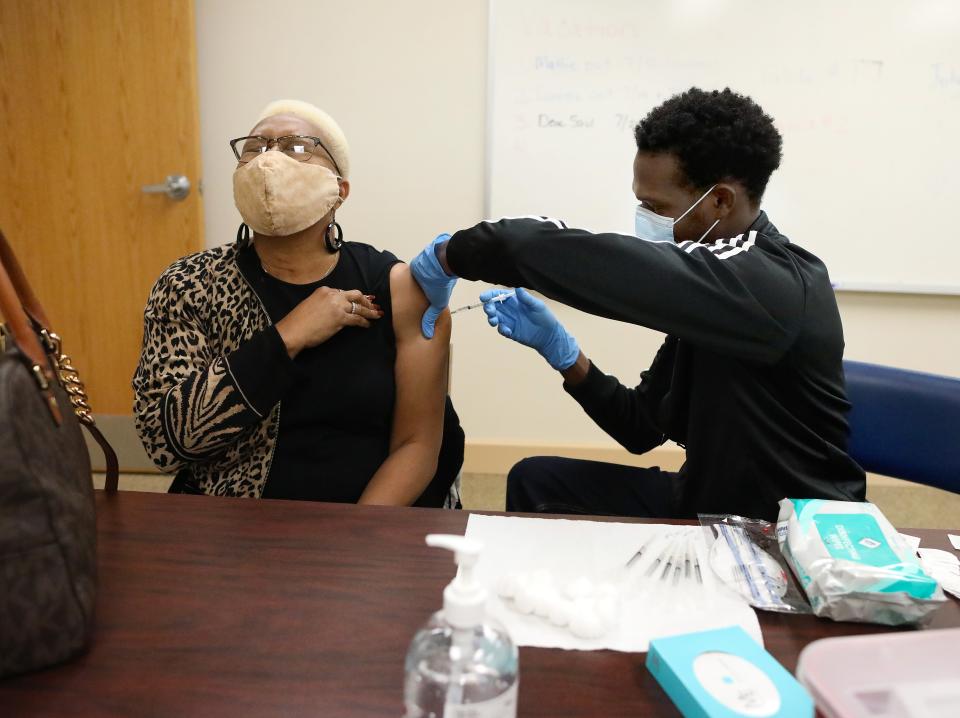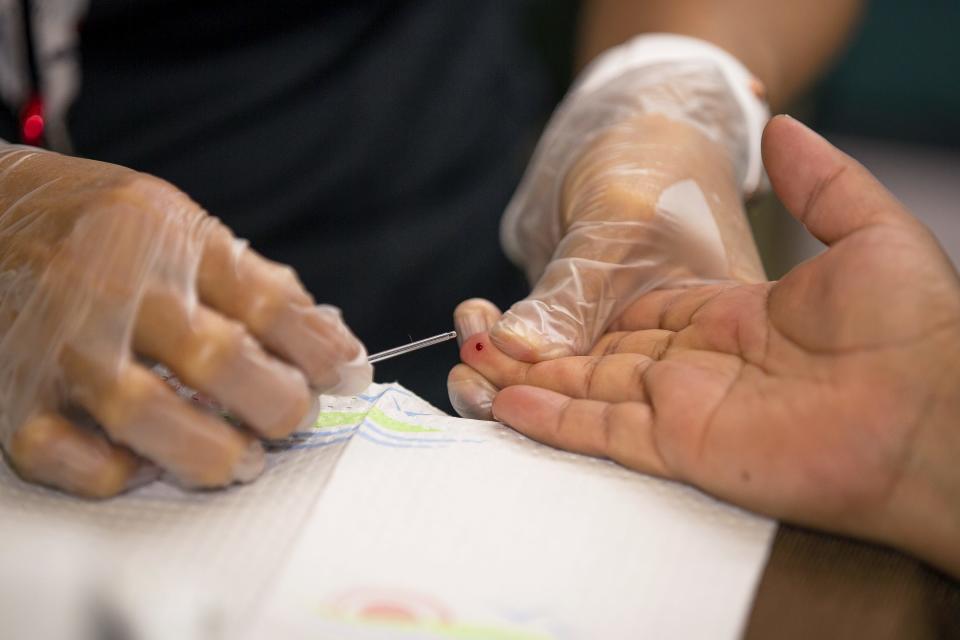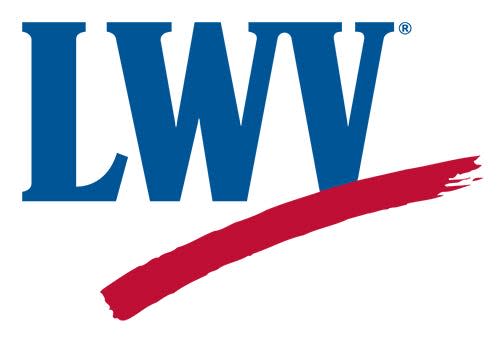Righting the inequitable distribution of health care in Alachua County
Our health care system depends on the ability and knowledge of its workers to understand and interact effectively with diverse patients, including those of other cultures or belief systems.
Lack of cross-cultural competence can result in reduced empathy and mistrust between patients and providers, threatening misdiagnoses and even loss of life. A recently released documentary movie, “Aftershock,” and a new book, “Under the Skin,” describe the effects of perceived racism on the health and survival of people of color.
Racism can be defined as a “belief that different races possess distinct characteristics, abilities, or qualities, especially so as to distinguish them as inferior or superior to one another.” Those beliefs are embedded in the teaching and algorithms of medical practice.

A lack of minority representation of health care professionals in our Black and brown communities can be fatal to their members. First, it must be acknowledged that racism is an issue in health care. Community-level policies can then address conditions affecting public health with a focus on expanding access to quality medical care.
Having the ability to understand, appreciate and interact with people from different cultures and belief systems is a key factor in communicating. Efforts by UF Health will help address these problems by contributing to the training of community health workers.
Community health worker programs are already established throughout the U.S. and in Florida, where training is supported by UF Health and certification is provided by the Florida Certification Board. This certification is for “front-line health workers who, by virtue of their trusted status in the community, serve as a liaison, link and intermediary between health services and the community to facilitate access to services and improve the quality and cultural competence of service delivery.”

Community health workers provide a critical link between the community and health professionals. The Alachua County Commission has voted to fund the community health worker training program for $250,000 per year for two years.
Dr. Grant Harrell, medical director of the UF Mobile Outreach Clinic and physician at UF Health Family Medicine, believes that community health workers will bring an “actual substantive change in the way we deliver health care.”
As we work to establish quality, equitable health care we are reminded that Alachua County remains one of the most racially inequitable counties in Florida. The 2018 University of Florida Bureau of Economic and Business Research Report detailed the statistics of inequity in Alachua County with a goal of setting a baseline for comparison of subsequent changes.
More from the League of Women Voters:
Magnet programs contribute to the choices in Alachua County Public Schools
Take control of our future by transitioning to clean energy
Local action is an antidote to helplessness in the face of climate change
Dr. Laura Guyer of UF Health is clear about the effects of racial disparities on the health of east Gainesville residents. Social determinants of health — defined by the World Health Organization as conditions in which people are born, grow, live, work and age — are the fundamental drivers of these conditions.
Place matters. For example, west Gainesville has 29 full-time clinics, while east Gainesville has only two, using Main Street as the division between east and west Gainesville. An urgent care center to be built in northeast Gainesville by UF Health during the next year or two will help with urgent problems.
Other promising developments in east Gainesville such as the Gainesville Empowerment Zone Family Learning Center will enable investment in the process of educating a healthy new generation. In addition to addressing the racial and health care disparities in eastern Alachua County, we will need to encourage action on public health issues, and create more medical facilities, health care programs and social services.

As minorities continue to suffer at a disproportionate rate in Alachua County, the public health care crisis that impacts each and every one of us must be tackled. Sufficient health care facilities, staffed with professionals who are sensitive to the effects of racism on health care, is the goal.
The League of Women Voters, a non-partisan organization, believes that health care policy goals should include equitable distribution of services and delivery of care to all.
Jeffrey Shapiro chairs the Alachua County League of Women Voters’ Local Issues Committee, Gigi Simmons is a Local Issues member and former Gainesville city commissioner, and Janice Garry is the Alachua County League president.
Join the conversation
Share your opinions by sending a letter to the editor (up to 200 words) to letters@gainesville.com. Letters must include the writer's full name and city of residence. Additional guidelines for submitting letters and longer guest columns can be found at bit.ly/sunopinionguidelines.
Journalism matters. Your support matters.
Get a digital subscription to the Gainesville Sun. Includes must-see content on Gainesville.com and Gatorsports.com, breaking news and updates on all your devices, and access to the eEdition. Visit www.gainesville.com/subscribenow to sign up.
This article originally appeared on The Gainesville Sun: League of Women Voters of Alachua County: Racism is health care issue

